A Smart Planet: Dispatches from PBL World
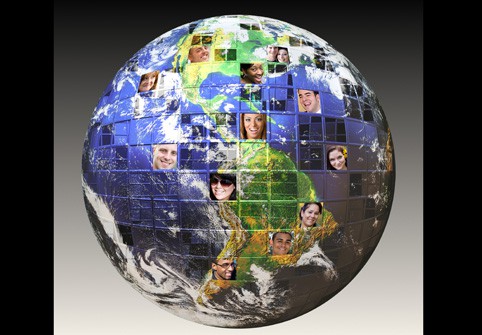
I once took a child to the hospital who had a large cut on one of his fingers from a machete. He was five. He had been cutting down sugar cane (a tough job for anyone but especially a five year old) and the machete had slipped. The boy had difficulty keeping the wound clean, we were Tanzania and he didn’t have access to much clean water. It was the rainy season, the whole of our area was muddy. It was hard for me to stay clean as I walked everywhere and I did have access to clean water.
When he came back to my house a week after our trip to the hospital and showed me his wound (it was healing; he was using antibiotic cream to heal the cut), I was relieved and also frustrated with myself. There were so many children in the village where I lived with medical needs. I should have become a doctor, I thought. I even talked about it with my mom on the phone. I called her from Tanzania, something that in 2004 was quite difficult and expensive. Why was I in education and not public health?
I came back to the United States with a renewed sense of devotion to the field of education. I would not become a medical doctor (I don’t even like the sight of blood). Instead I would use my role as an educator to bring about the changes I so strongly wanted to see.
Why We Need A Smart Planet
I have found myself thinking about innovations in learning around the globe as I conclude my time at PBL World, sponsored by the Buck Institute for Education, an aptly titled conference with “World” in the title. There were educators in attendance from across the globe, sharing resources and ideas about revolutionizing education. On the last day, there was a lot of chatter about bringing global competencies to America’s students and encouraging best practices in project-based learning around the globe. (See Tom’s blog on 20 innovations that are making our planet smarter.)
Insights and Implications for a Smart Planet from #PBLWorld
Jamie Casap, Global Education Evangelist at Google, kicked things off with his keynote about how techology is a catalyst for revolutioning our schools.
Jamie asked the group, “How many have already used the internet today?” Almost everyone raised their hands. Generation Z is global, social, visual and technological, generation Z is so used to having wifi, so the implications for education are clear (and not new). Topics included:
- How do we take advantage of technology in education?
- Ask students, “What problem do you want to solve?” instead of, “When you grow up, what do you want to be?”
- Let’s convert information into intelligence. Just having just having information is not enough. Information is a cheap commodity. We need Intelligence and critical thinking.
- Let’s emphasize iteration and innovation to drive transformation.
- Great education is the silver bullet.
- 40% of their world is online. How can we reach the rest? The call to action is clear: teachers, let’s create education that reaches all students.
Other highlights from Global Day at PBL World:
- VIF International Education is bringing global professional development to K-12 teachers in the US. They just won a Digital Media Learning award from the MacArthur Foundation and they are partnering with Digital Promise Global to develop micro-credentialing for professional development (this is something we also recommend in our Preparing Leaders for Deeper Learning paper).
- iEARN brings the world into the classroom and has loads of amazing lesson plans that allow educators to connect students around the world.
We Need You for a #SmartPlanet
One year I once led a lesson for my high school students called “The World Needs Your Love.” In that, students brainstormed specific skills and strengths they had and then also a list of problems in their neighborhood. The lesson was then to figure out how to spend a hypothetical one million dollars using their skills to address a problem. How we spend our time, energy and money matters. Help us in sharing the stories of people who are creating innovations in learning and transforming education across the globe.
This blog is part of an occasional series called #SmartPlanet where we will feature innovations in learning in developing and emerging economies. To contribute, email [email protected] with the subject line “Smart Planet.”
For more, see:
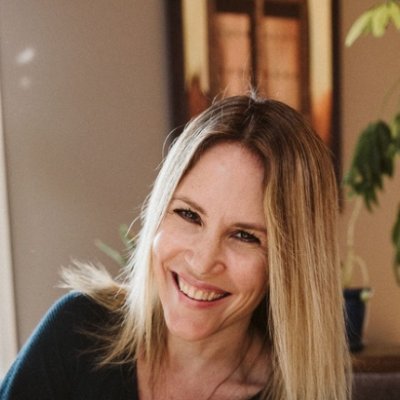



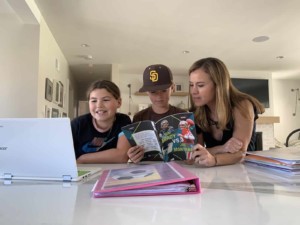
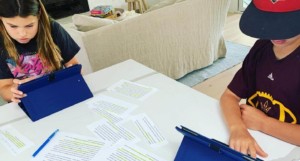
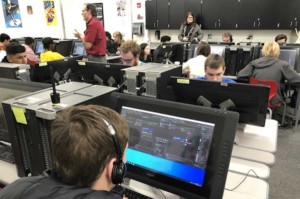
0 Comments
Leave a Comment
Your email address will not be published. All fields are required.